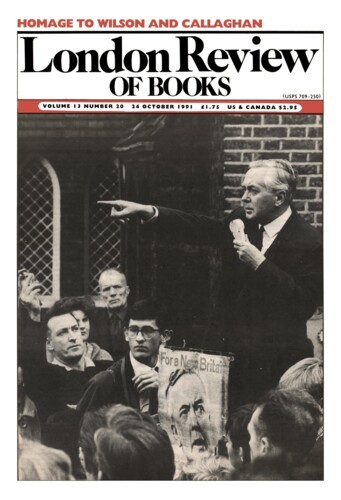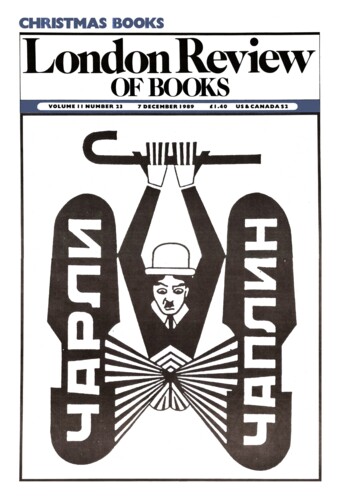Tang and Tone: The Federal Writer’s Project’s American epic
Stephen Fender, 18 March 2004
In the middle of the Depression, Roosevelt’s Works Progress Administration (WPA) set out to increase American purchasing power by getting the unemployed back to work. For the most part they planted forests, graded roads and developed outdoorsy holiday resorts, but the WPA also recruited 40,000 writers, theatrical workers, musicians and artists, most of them on relief, to work on four...





